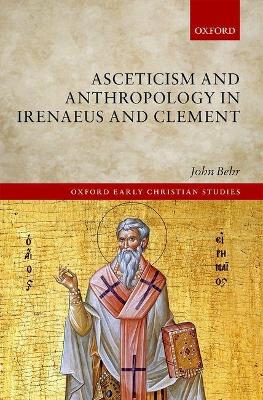Asceticism and Anthropology in Irenaeus and Clement examines the ways in which Irenaeus and Clement understood what it means to be human. By exploring these writings from within their own theological perspectives, John Behr also offers a theological critique of the prevailing approach to the asceticism of Late Antiquity. Writing before monasticism became the dominant paradigm of Christian asceticism, Irenaeus and Clement afford fascinating glimpses of
alternative approaches. For Irenaeus, asceticism is the expression of man living the life of God in all dimensions of the body, that which is most characteristically human and in the image of God. Human existence as a physical being includes sexuality as a permanent part of the framework within which males and
females grow towards God. In contrast, Clement depicts asceticism as man's attempt at a godlike life to protect the rational element, that which is distinctively human and in the image of God, from any possible disturbance and threat, or from the vulnerability of dependency, especially of a physical or sexual nature. Here human sexuality is strictly limited by the finality of procreation and abandoned in the resurrection. By paying careful attention to these two writers, Behr offers challenging
material for the continuing task of understanding ourselves as human beings.
- ISBN10 0198800223
- ISBN13 9780198800224
- Publish Date 9 February 2017 (first published 14 September 2000)
- Publish Status Active
- Publish Country GB
- Imprint Oxford University Press
- Format Paperback
- Pages 280
- Language English
